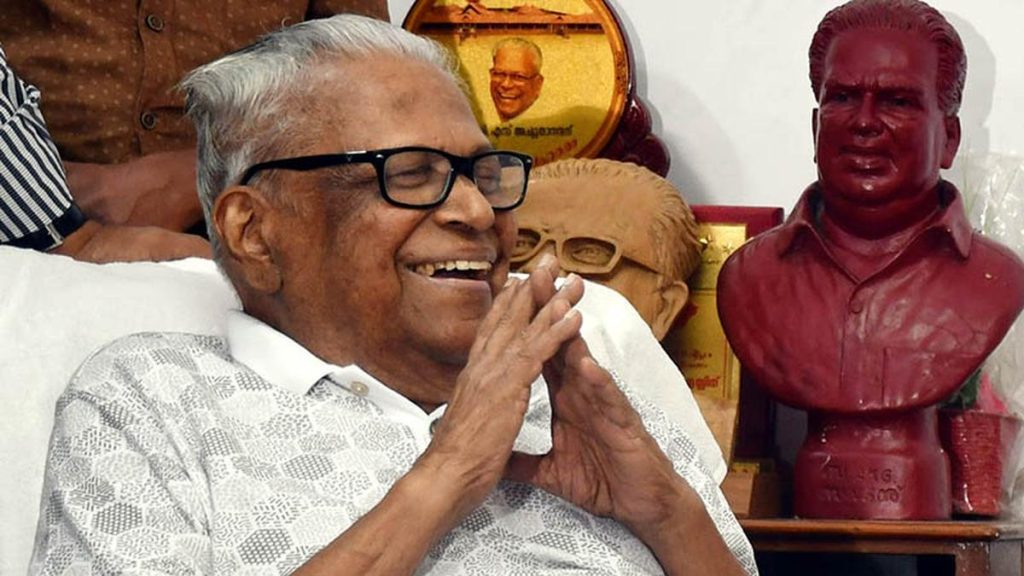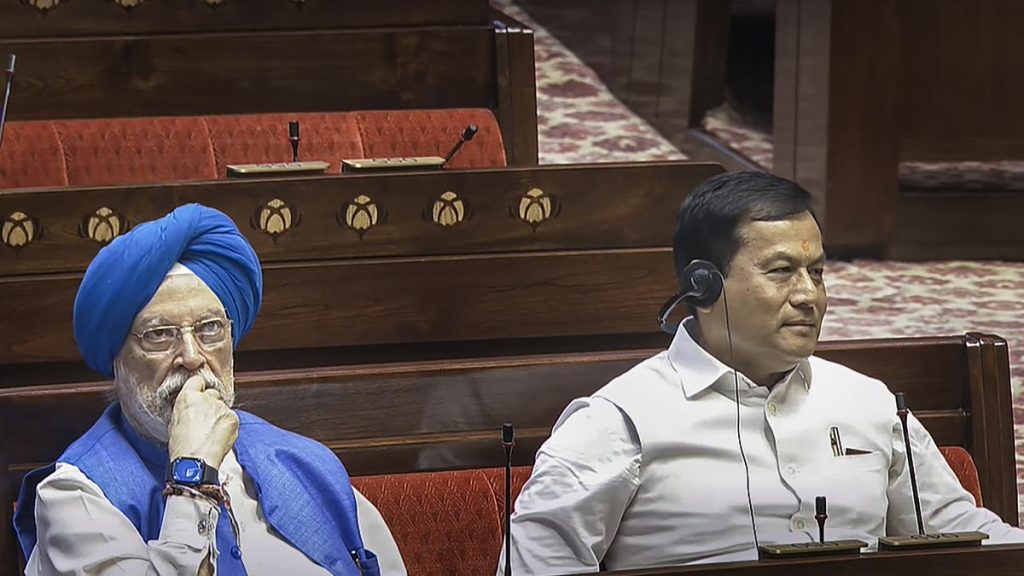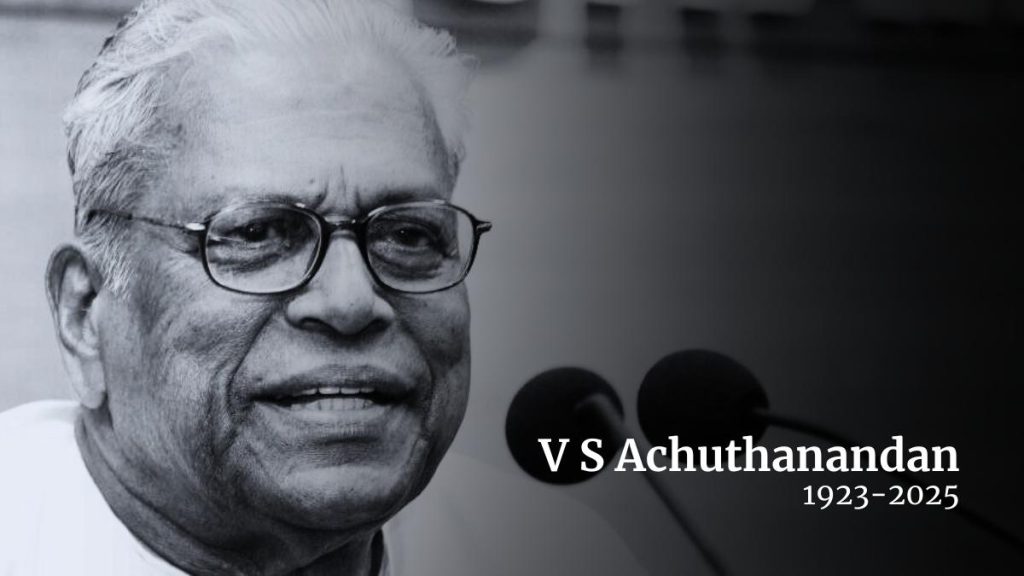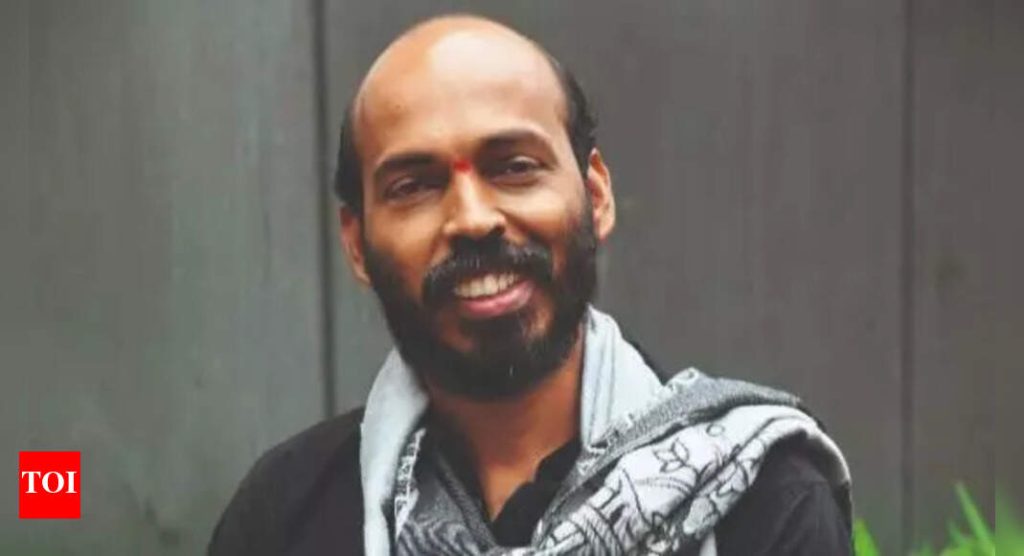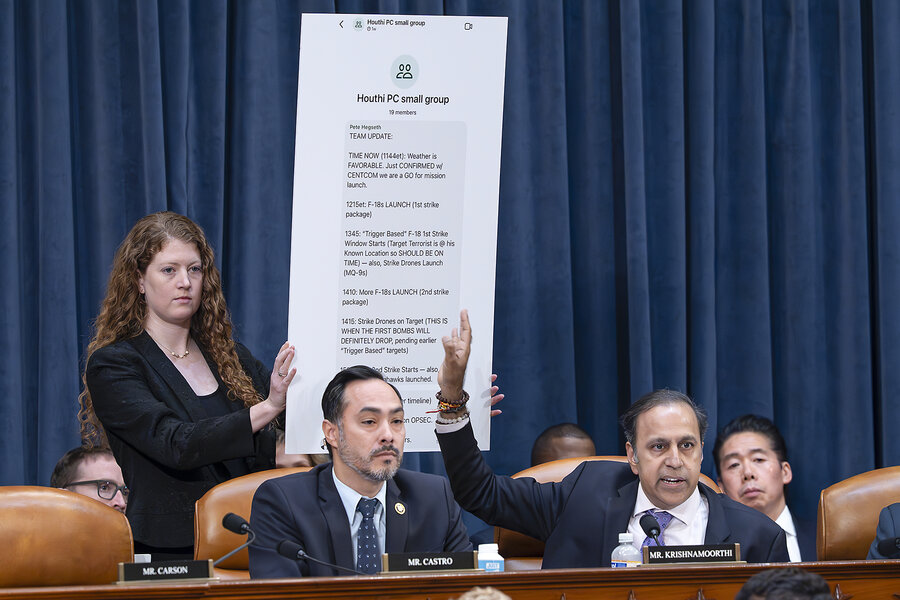Now Reading: 10 Years After Legalizing Same-Sex Marriage, Why Are U.S. Couples Still Concerned?
-
01
10 Years After Legalizing Same-Sex Marriage, Why Are U.S. Couples Still Concerned?
10 Years After Legalizing Same-Sex Marriage, Why Are U.S. Couples Still Concerned?
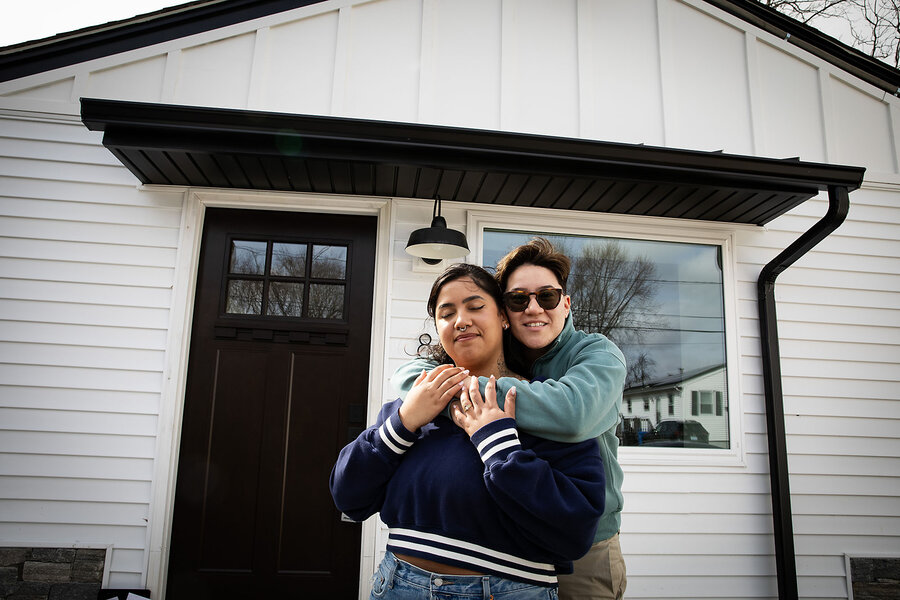
Quick Summary
- Obergefell v.Hodges, the landmark Supreme Court case that legalized same-sex marriage in the U.S., turns 10 years old this June.
- Despite consistent public support for marriage equality (2 in 3 Americans favor it), legal rights for LGBTQ+ couples have faced scrutiny under conservative political shifts, including measures introduced by Republicans in at least six states to revisit Obergefell.
- Rights feel bifurcated: Supreme Court rulings on religious liberties against serving same-sex couples have restricted protections, while bipartisan legislation like the Respect for Marriage Act safeguards interstate recognition of marriages performed legally where they occurred.
- Many LGBTQ+ couples, fearing a rollback of rights under Donald Trump’s leadership and a conservative judicial majority, fast-tracked weddings or participated in mass elopement events before notable political changes.
- Marriage plays an essential role in governance regarding taxes, healthcare access, parental rights, and social inclusion – a factor complicating potential challenges to its legality per constitutional experts.
Images included:
- Jim Obergefell holding a “Love Wins” sign with supporters at Texas Capitol.
- Yara and Iliana Damascena showing their wedding rings post ceremony.
- Sarah Narcus standing at her venue Olio in Peabody offering free services to LGBTQ+ couples.
Indian Opinion Analysis
The report highlights concerns over the long-term stability of legal protections for same-sex marriage amidst shifting politics and court precedence favoring religious freedom exceptions over broad equality measures. For India-a nation with burgeoning pro-LGBTQ+ movements following advancements such as decriminalization of homosexuality-this underscores how hard-won gains require vigilant protection against societal or political regressions.
India may draw lessons from this context: institutionalizing equal rights through robust constitutional amendments can limit vulnerabilities to future judicial reinterpretations or government overrides like seen elsewhere globally (e.g., Roe v Wade reversal). Moreover, balancing minority protections alongside broader concerns for religious freedoms resonates strongly within diverse Indian contexts-the potential clashes between individual liberties and cultural sensitivities here also demand cautious governance frameworks modeled after inclusive yet non-disruptive policy templates observed worldwide.
For stakeholders advocating uplifting marital/legal portrayal inclusivity here locally-even conversations around adding safeguards linked similar ensuring identical taxation family-security bound well embodies aspirations!



